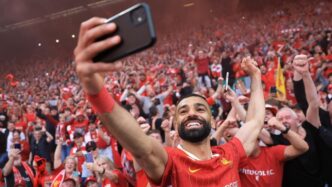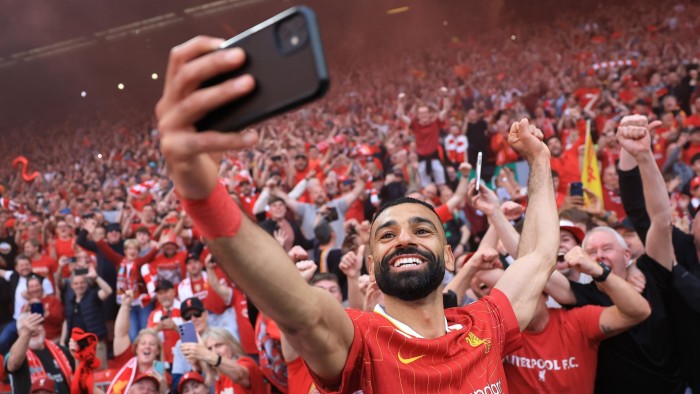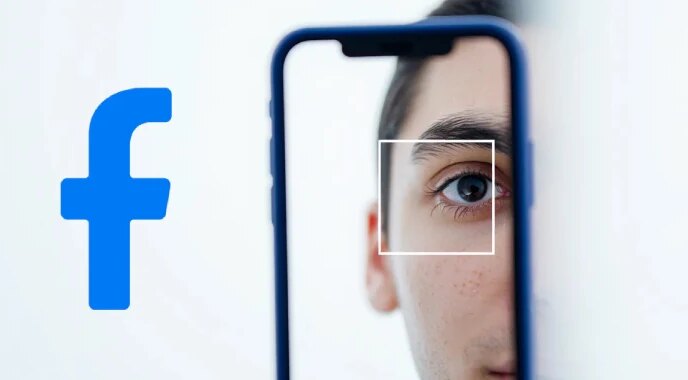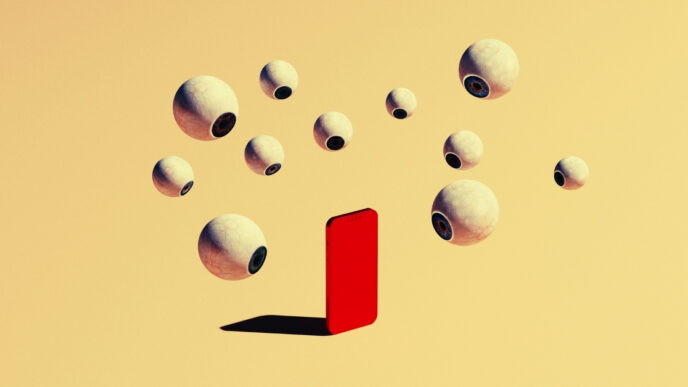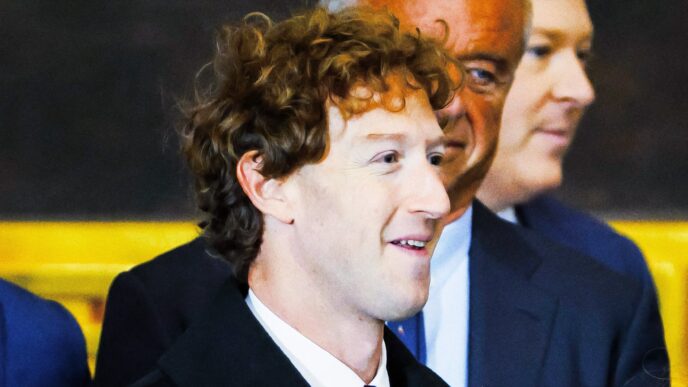Liverpool FC’s Ian Graham breaks down AI’s real impact on football
Ian Graham, former Liverpool FC research director and founder of Ludonautics, says AI is shaking up football behind the scenes — but don’t expect it to do all the work.
Liverpool has worked with Google DeepMind using AI to tighten up corner defense, but many European clubs still rely on traditional coaching decisions.
Graham warns against overselling AI’s potential:
"The public conception is, ‘I’ll feed all this data into my AI model, and my model will identify the next Lionel Messi.’ That’s wrong,” Graham says. The problem he has with AI is that it’s a “black box” that “finds it difficult to explain its reasoning,” even if it is improving.
English Premier League clubs lead in trusting data. Many combine input from coaches and analysts to make smarter transfer decisions.
Tracking data, Graham says, lets teams see all the options a player had during a play, improving how they assess decisions on the pitch.
The toughest area for AI? Player psychology. Graham points to AI’s strength in analyzing unstructured data like body language or facial expressions during interviews.
“Taking large quantities of unstructured, difficult-to-process data such as body language and facial expressions in interviews,” Graham says. “That’s the sort of thing that AI is good at.”
Football’s data evolution is far from over, but it’s clear AI isn’t the magic bullet some expected. Instead, it’s a tool augmenting human judgment.
Watch the FT’s Scoreboard video on football’s data arms race here.
